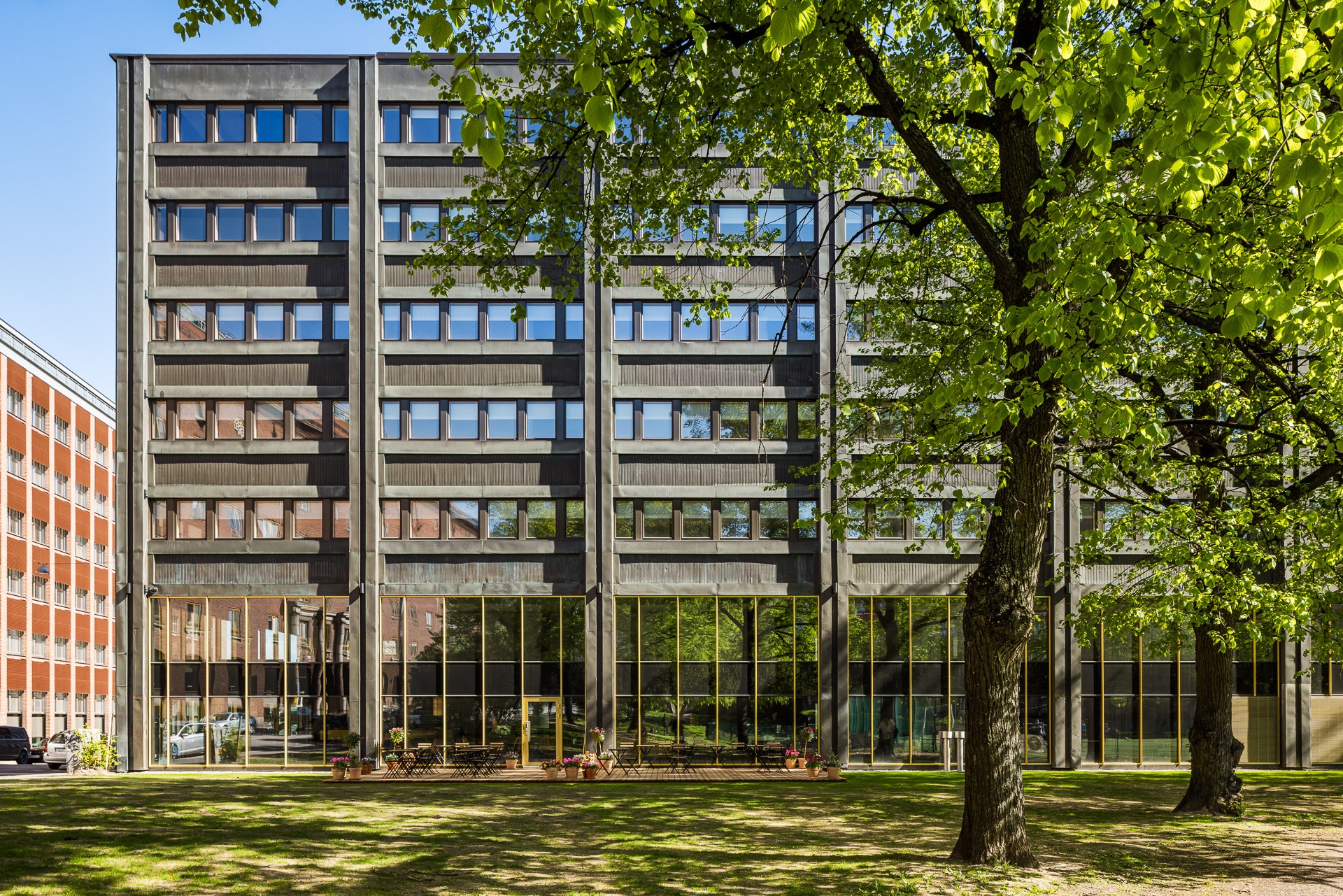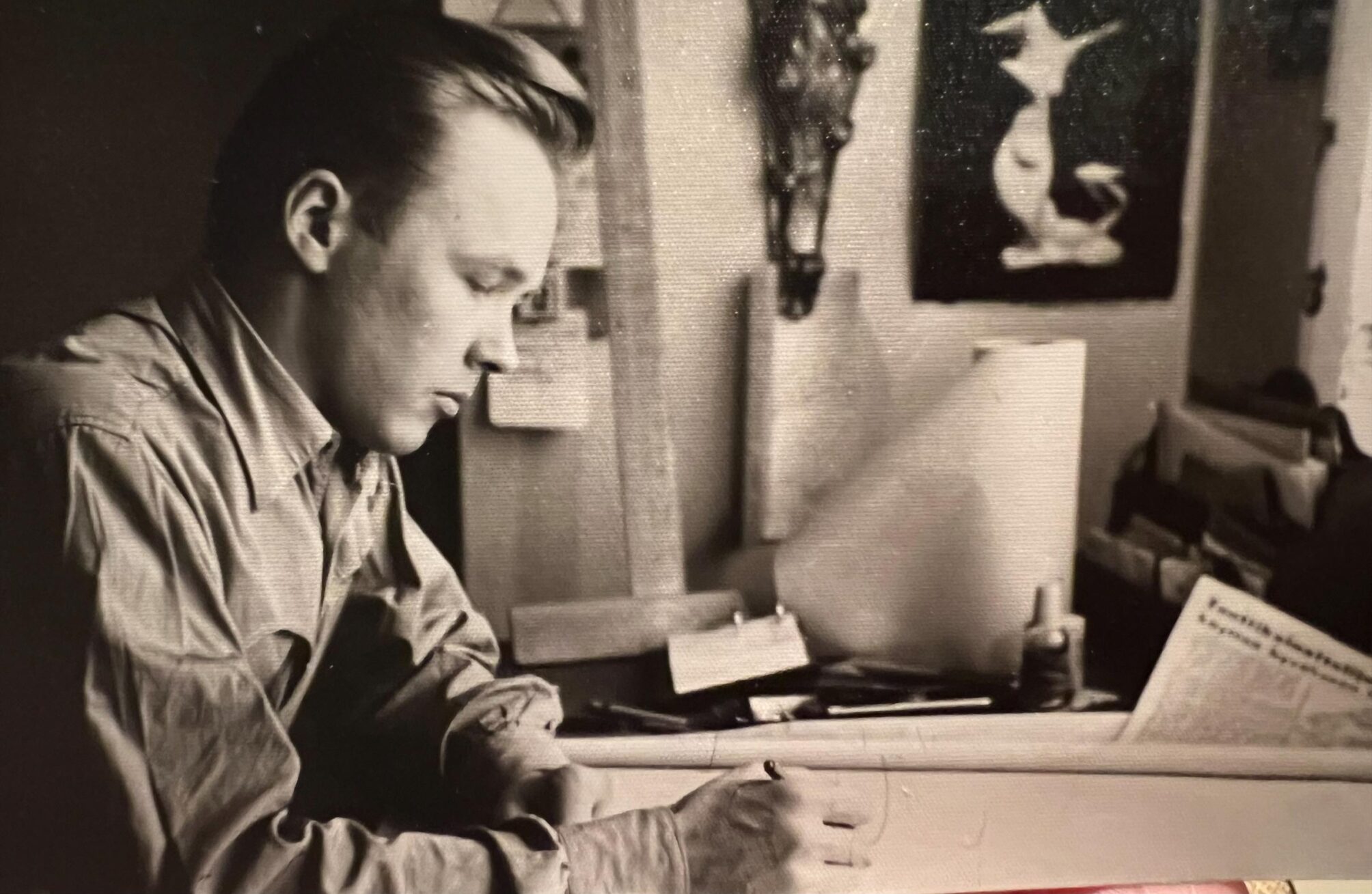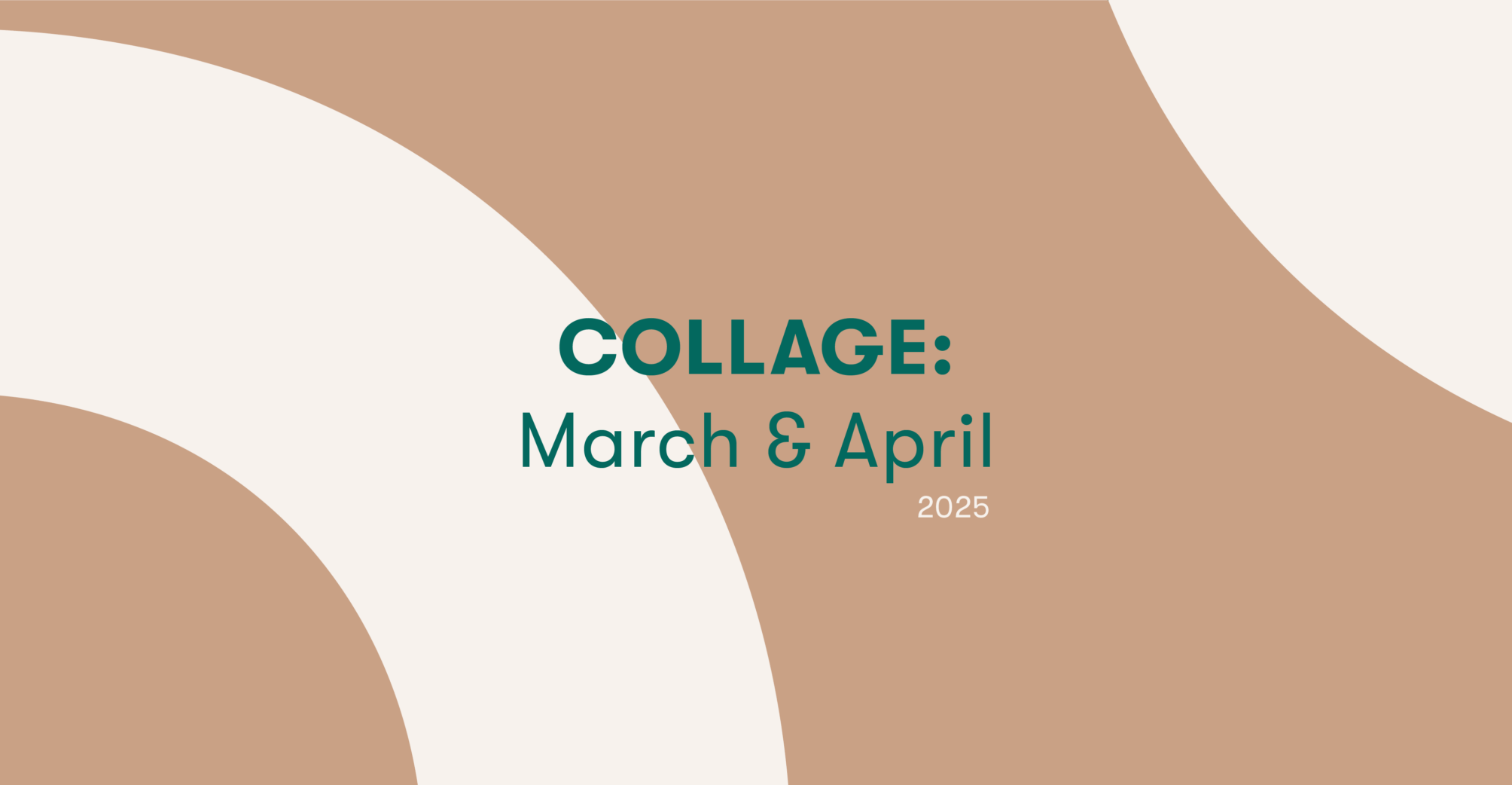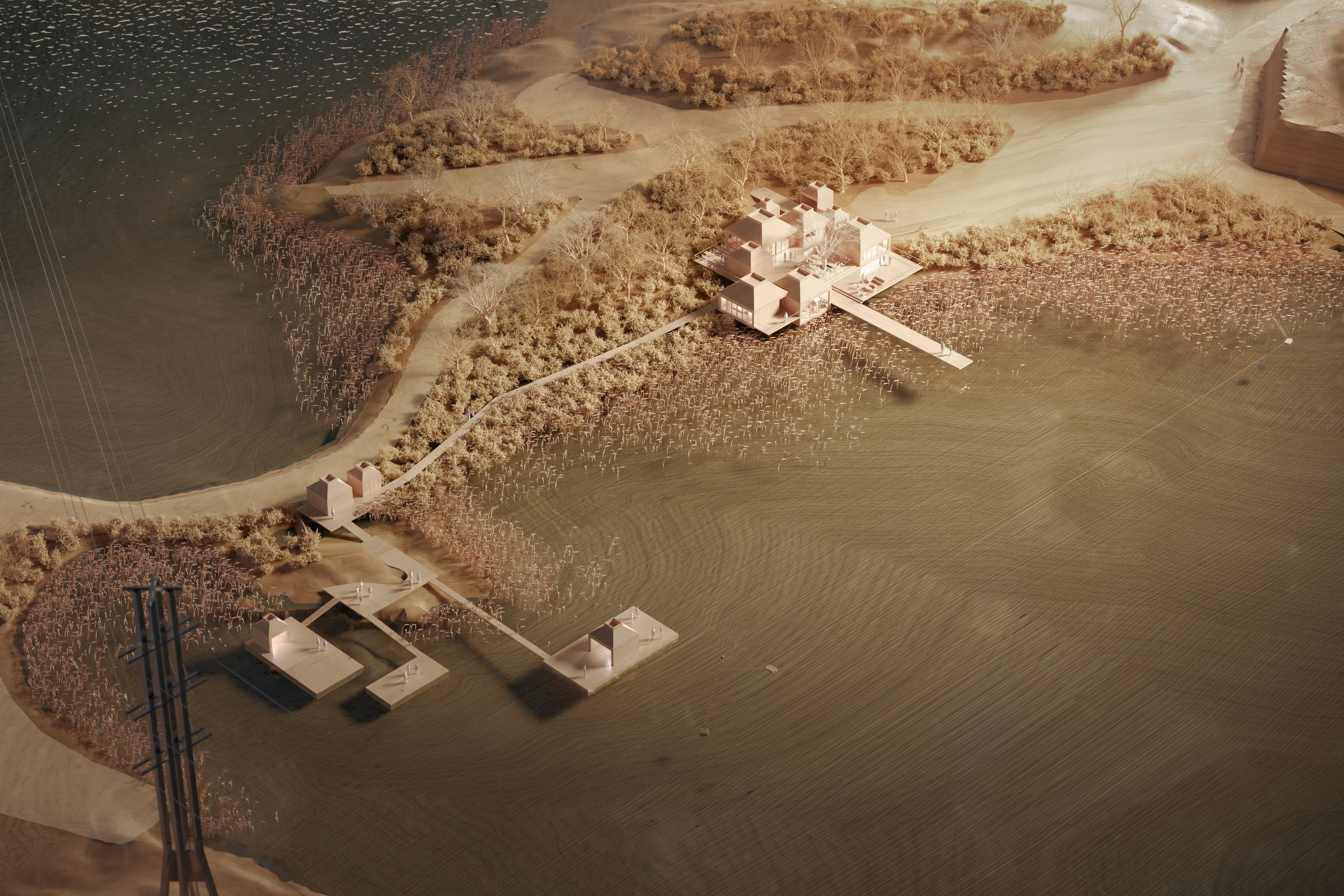
Olla Architecture at the Venice Biennale – “Sustainable architecture is more than an updated process”
The world keeps changing, but the belief in the transformative power of architecture brings peoples and cultures together decade after decade. Olla attended the biennale with a project combining traditional Finnish architecture, sauna culture and sustainable construction.
The Venice Architecture Biennale, the internationally most respected exhibition arena in architecture, brings this year together those interested in design and its transformative power for the 18th time. A biennale dedicated to architecture has been organised since 1980, and today art and architecture are presented in Venice on alternate years.
The theme of the 2023 biennale is “The Laboratory of the Future”. The main exhibition and its numerous satellite events all approach the future of construction from different angles. One of these exciting events is the TimeSpaceExistance exhibition, which presents various sustainability studies from around the world. Olla took part in the international exhibition with Kylä. Kylä (“village”) is a recreational oasis at the heart of Helsinki, but also a study of how combining modern and traditional construction can minimise both the carbon footprint and energy consumption of a building while creating a socially sustainable meeting place for all city residents.
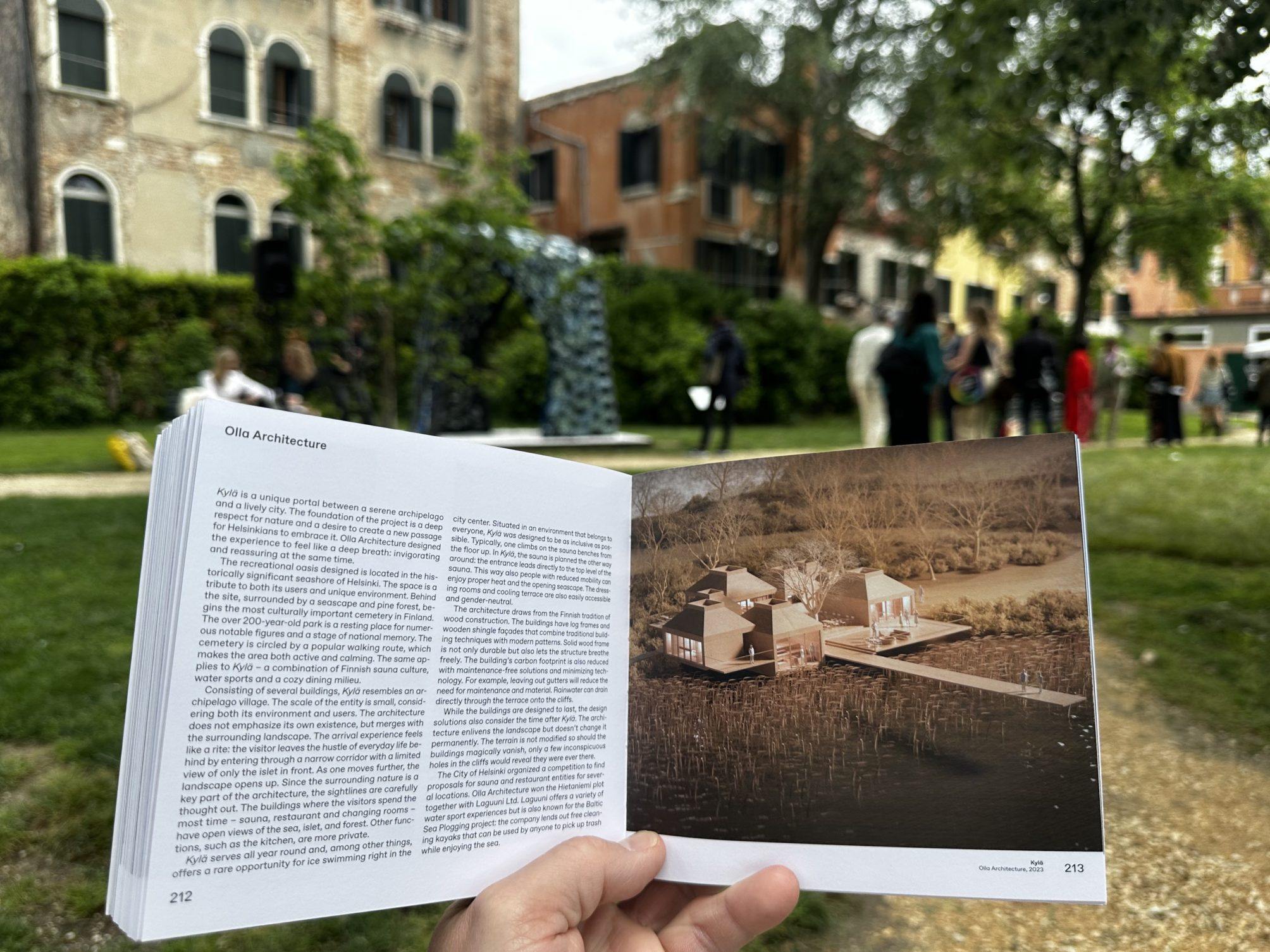
Ideas are turned into solutions in projects
In recent years, we at Olla have had the chance to research, test and implement several environmentally sustainable solutions. One example is the geothermal power plant by the largest building of Finland. Our work is driven by the desire to create entities that last for generations: after all, the decisions made today will affect the common environment decades from now. We believe that design professionals have a unique responsibility and role in building a sustainable future. That is why we want to actively develop our own expertise in this field.
As a part of that, we redefined our firm’s sustainability guidelines last year. First, we analysed the current situation of our own activities, after which we delved deeper into future scenarios presented by various expert organisations. Based on this, we created a sustainable design handbook to guide and support our own work. A significant part of compiling the handbook and educating ourselves in general has been cooperation with Aalto University’s “Visualizing Our Future” development project, and the City of Helsinki’s circular economy cluster which aims to reduce repair waste.
The handbook is an ever-developing practical guide to comprehensively sustainable design. For us at Olla, it is important to test all ideas in real projects: this is the only way to learn to think deeply enough.
A sample of Finnish archipelago experience and sustainability thinking
The same approach is also exemplified in the Kylä project. Kylä is a combination of sauna culture and water sports which will be operated by Laguuni, a Helsinki-based company offering various water experiences. At the heart of Kylä is the desire to strengthen Helsinki’s maritime strategy by creating a new way and place for people to enjoy nature. The architecture draws on the Finnish archipelago and brings the wood construction craftsmanship to everyone to experience. At our TimeSpaceExistence stand we aimed to do the same: we took a piece of Finnish archipelago and sauna experience and brought it to a busy city. A scale model of the village and a video detailing the design solutions are placed against a floor-to-ceiling shingle wall. The pleasant tarry scent of the wood reaches the visitor long before arriving at the stand. Discussions with exhibition visitors from all over the world once again highlighted the uniqueness of the Finnish nature connection.
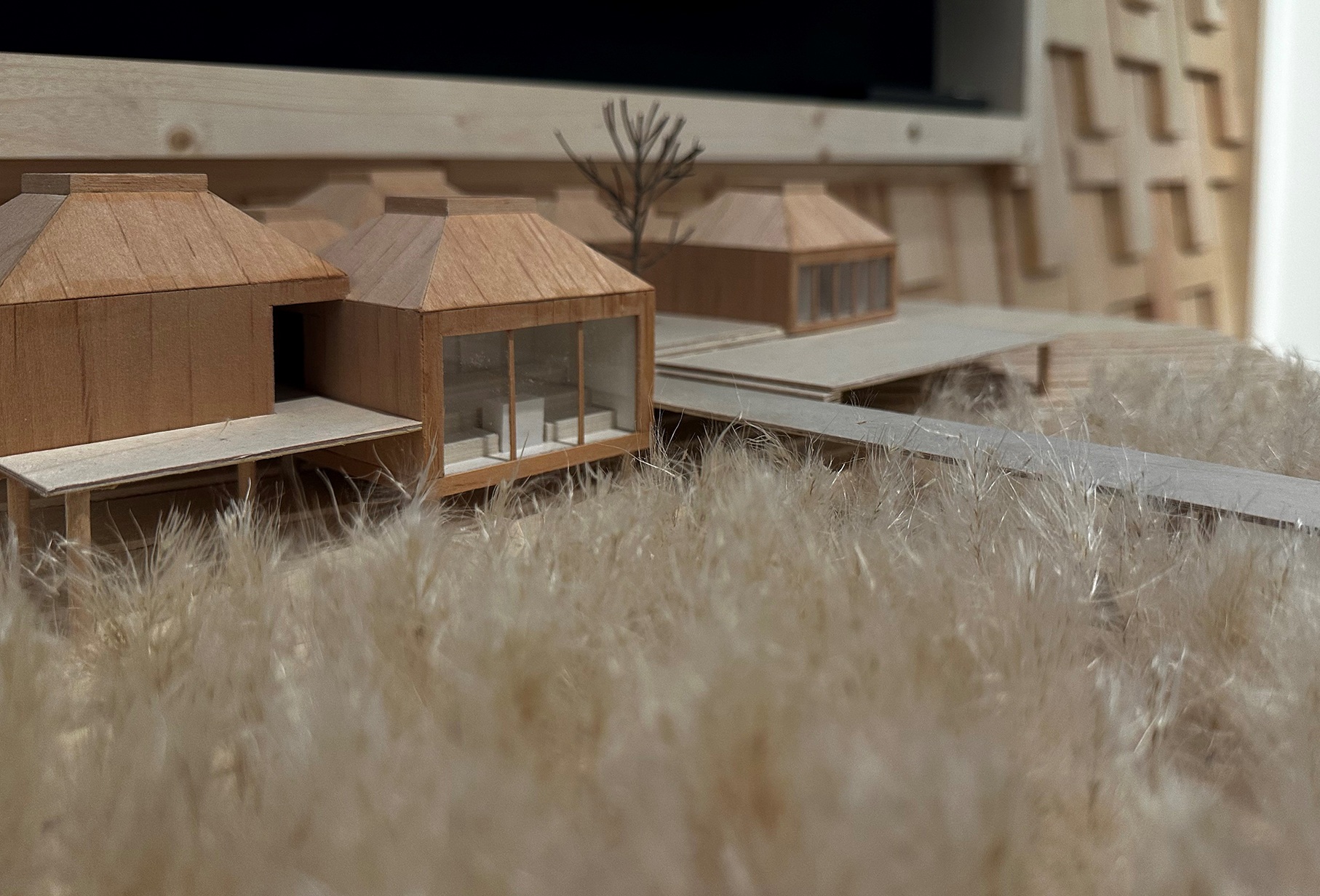
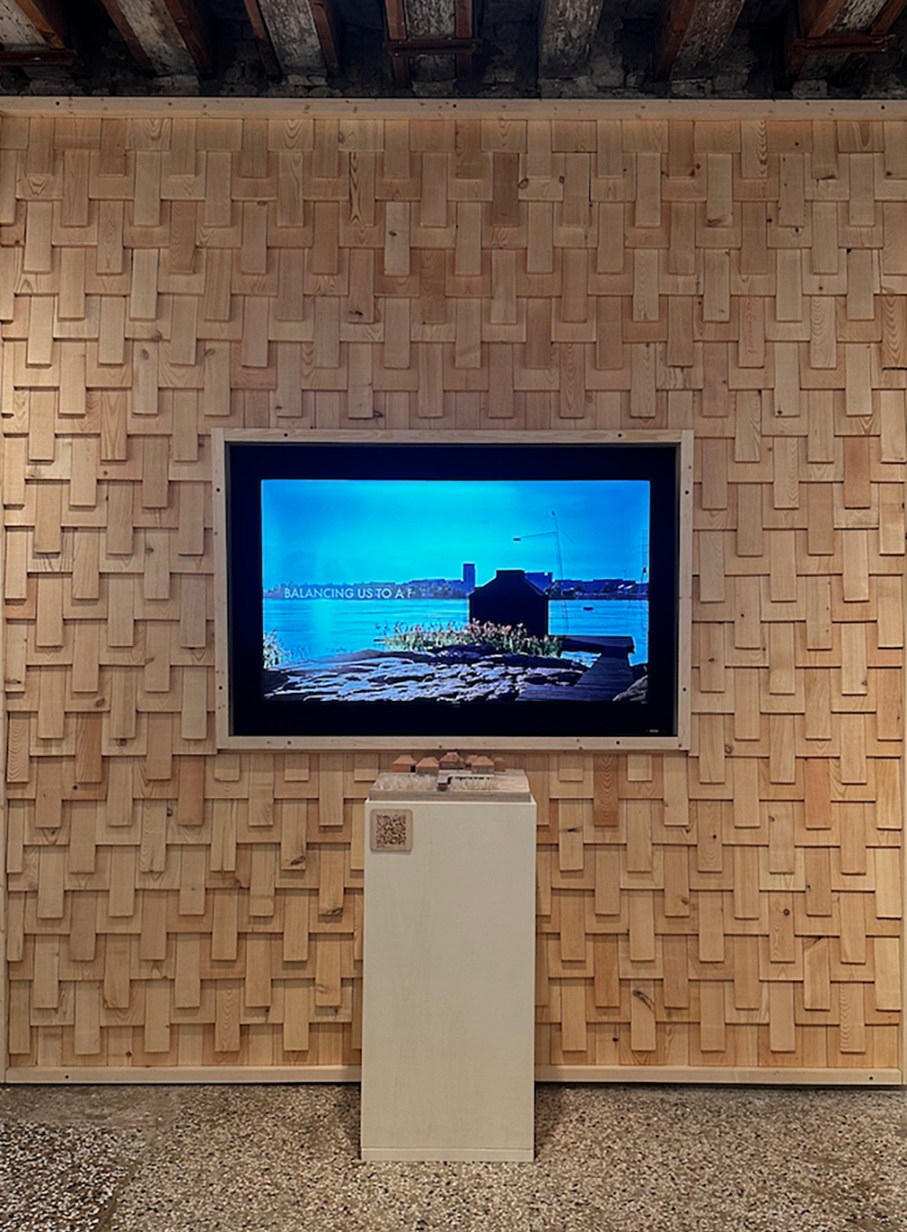
Touring the biennial sparked ideas around construction in numerous ways. In the middle of a picturesque city hundreds of years old, perspectives gain temporal depth. Sustainable architecture is not just an updated design process: ensuring environmental, social, and economic sustainability requires a more philosophical approach from all parties. After the exhibition, it is even more important to me that we all stop to think about the philosophy of sustainable construction and look for a balance between different solutions.
The question “why” has never been more important.
Mikko Lahikainen
CEO of Olla Architecture
